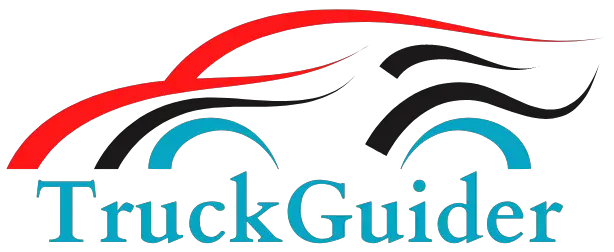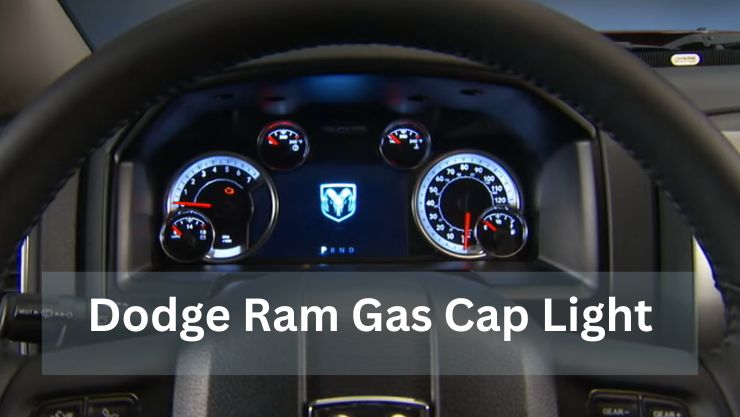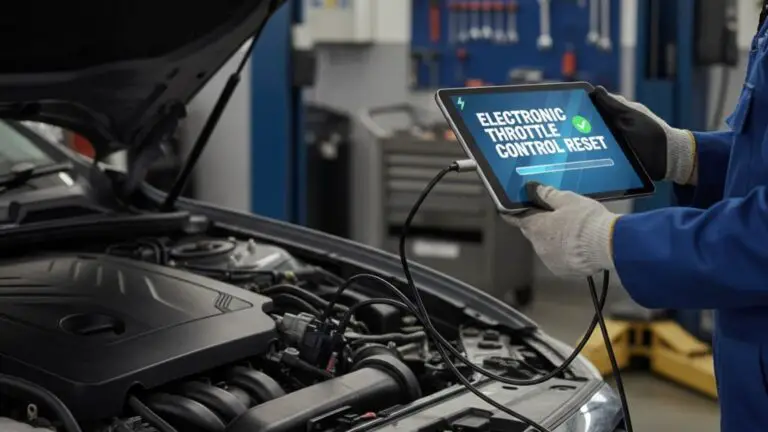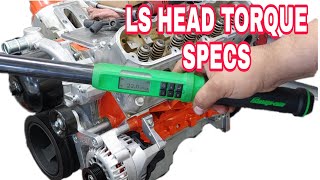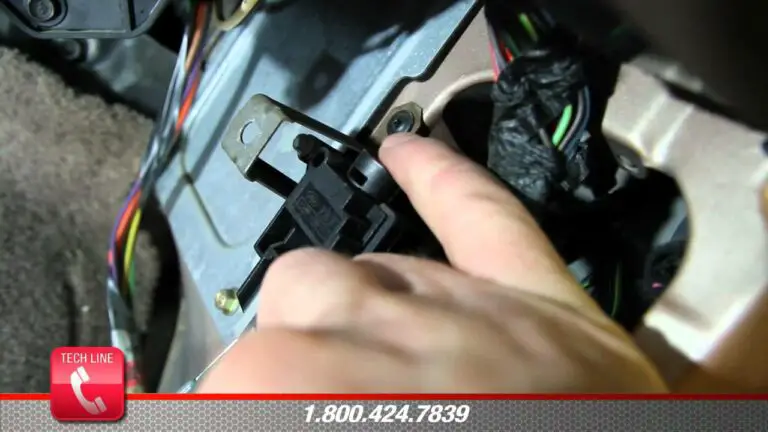Torque Specs for Detroit 60 Series Diesel
The torque specs for a Detroit 60 Series Diesel engine vary depending on the year, make and model of the vehicle. Generally speaking, most Detroit 60 Series Diesels require between 140-190 ft.-lbs. of torque during assembly.
Additionally, head bolts should be torqued to 85 ft.-lbs., cylinder block main bearing cap screws should be tightened to 65 ft.-lbs., flywheel bolt tightening is usually at 150-180 ft.-lbs.
, connecting rod bolts are usually set between 95-130 ft.-lbs., oil pan retaining bolts should be tightened to 15-20 ft.-lbs. and rocker arm bracket nuts must typically reach 30-35ft.
– lbs.. It’s important to note that these specifications can also vary depending on other factors such as whether or not the engine is turbocharged or non turbocharged so it’s best to consult with an expert mechanic or auto parts store before attempting any repairs or maintenance.
The Detroit 60 Series diesel engine is a powerful and reliable engine that has been used in many applications since its introduction in 1987. It is important to use the correct torque specs when installing components onto this engine, such as head bolts, flywheel bolts, and intake manifold bolts. To ensure proper installation and performance of these components, it is recommended to refer to your owner’s manual or consult a certified mechanic for exact torque specifications.
Using the incorrect torque can lead to problems with the engine’s performance or worse, could cause serious injury if not done properly.
Detroit series 60 – Torque y tiempo del motor
What is the Torque on the Injector Bolts for the Detroit 60 Series?
When it comes to the Detroit 60 Series, torque on the injector bolts is an important factor for ensuring optimal engine performance. The correct torque settings for these bolts should be between 20 and 25 foot-pounds, depending on what type of injector bolt is being used. It’s essential that you use a high quality wrench or ratchet while tightening them as this will help prevent any potential problems in the future.
Additionally, you should always check your owner’s manual to make sure you have the right torques listed when working with injector bolts. If you don’t have access to a manual then using a torque adapter is also recommended so that you can accurately measure how much force has been applied to each bolt during installation. By following these steps and paying attention to detail, you can ensure that your Detroit 60 Series engine runs smoothly and efficiently without any issues related to improper torquing of its injector bolts.
How Much Torque Does a 12.7 Detroit Have?
The 12.7 Detroit engine is an incredibly powerful and reliable engine that is used in a variety of vehicles, from semi-trucks to bulldozers. This engine has a maximum torque output of 1050 lb-ft at 1600 RPM, which can provide plenty of power for most applications. The impressive torque output means you’ll have the ability to move heavy loads with ease, while also having the reliability and durability that comes with this engine type.
Additionally, it offers great fuel efficiency due to its advanced combustion system design – meaning you don’t have to worry about constantly topping off your tank or suffering from poor performance when it comes time for refueling. It truly is one of the best engines available on today’s market!
What is Normal Fuel Pressure for Detroit Series 60?
The normal fuel pressure for Detroit Series 60 engines is 16-22 psi (pounds per square inch). This amount of pressure helps to ensure that the engine runs efficiently and at its peak performance. The fuel system in these engines consists of an injection pump, a high-pressure oil rail, injectors, and fuel lines.
The primary components of this system are designed to work together to deliver the correct amount of diesel fuel into the cylinders for combustion. In order for these parts to function correctly, they must be supplied with enough pressure from the injection pump so that it can atomize the incoming diesel before entering the cylinder. If there is not enough fuel pressure then too much air will enter which can lead to poor combustion and inefficient operation.
It is important to check your Detroit Series 60’s fuel pressure regularly as part of your preventative maintenance routine because if it drops below 16 psi or rises above 22 psi then it could indicate a problem with one or more components within the system such as clogged filters or faulty seals/gaskets etc that need replacing in order to restore proper operation.
What is the Difference between 12.7 And 14.0 Detroit?
The difference between 12.7 and 14.0 Detroit engines is quite substantial, as they are two different generations of diesel engines produced by the Detroit Diesel Corporation (DDC). The 12.7 engine was introduced in 1999 and continued production until 2005, when it was replaced by the more advanced 14.0 engine series. While both feature similar power ratings, there are several key differences between them that set them apart from one another.
The most notable difference is that the 14.0 series has an improved high-pressure common rail fuel system for better combustion control and improved noise reduction; it also has higher peak torque levels than its predecessor, making it more powerful and efficient than ever before.

Credit: barringtondieselclub.co.za
Detroit Series 60 Injector Torque Specs
The Detroit Series 60 Injector Torque Specs should be tightened to 16-18 lb-ft of torque. This specification is required for all makes and models of the Detroit Series 60 engine. It’s essential that these specs are followed in order to ensure proper injector operation, as it can help reduce wear on the internal components and lead to increased fuel efficiency.
Failure to adhere to this spec could result in significant damage or even complete engine failure due to improper sealing and lack of lubrication.
Detroit Series 60 12.7 Cylinder Head Torque Sequence
The Detroit Series 60 12.7 Cylinder Head Torque Sequence is an important part of proper engine maintenance and should be done according to the OEM specifications. The sequence requires that all head bolts be tightened in three stages, starting with the center bolts first then moving outward towards the end bolts, using a crisscross pattern while tightening. It’s important to use a torque wrench when performing this task as it ensures that each bolt is torqued properly and will help extend the life of your engine.
Detroit Series 60 Connecting Rod Torque
The Detroit Series 60 connecting rod torque is a crucial factor in the engine’s performance. The recommended torque for each connecting rod bolt is 45-50 ft/lbs, and must be tightened to the specified specification with a high quality torque wrench. It is important to properly tighten all of the bolts on your engine as improper tightening can lead to serious damage or failure of your engine components.
Conclusion
Overall, this blog post was very helpful in outlining the torque specs for Detroit 60 Series Diesels. It provided a comprehensive list of specs that can be used to ensure proper engine installation and maintenance. This information is invaluable when it comes to maintaining these engines and ensuring that they are operating safely and efficiently.
As such, anyone working with Detroit 60 Series Diesels should familiarize themselves with the listed torque specs in order to guarantee safe operations.
